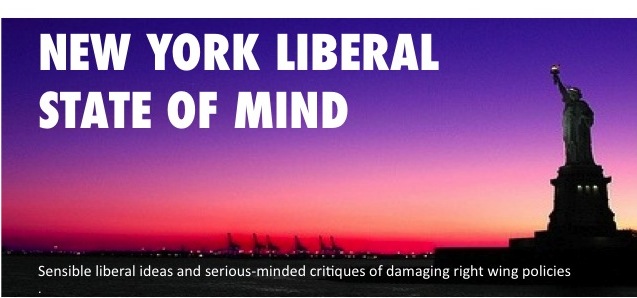You know what happens when you swipe this or that card. You rack up miles or points, or receive a special discount, or any of the seemingly innocuous rewards that credit card companies pass out like lollipops at a kid's birthday party.
Guess who's actually paying for the party? Lower income America.
It's another manifestation of the way poor people subsidize the excesses of the rich according to a report by the Federal Reserve Bank of Boston.
Here's how it works: A credit card user goes to a store and buys what should be a $10 item. Tacked onto the price, however, are the fees and percentages that the credit card company charges. The item ends up costing $10.38. Fair enough for the credit card user who gains a number of advantages by charging: deferred payment, a computerized or hard-copy record, sometimes loss or damage insurance, and those little rewards spoken of above.
If you pay cash, you pay $10.38 just like the card user even though you don't receive the benefits of using a credit card.
The cash purchase's extra 38 cents goes mostly to keep down the cost of merchandise to credit card users at the point of sale because merchants generally do not (and mostly cannot) set differential prices for card users. (Some gas stations feature differential prices in order to build traffic.)
Simply put, this means that the price of the $10 item for cash users ought to be $10, and for credit card users it ought to be $10.76.
In general, disproportionately, the poor use cash and the better off use credit cards. The Boston Fed says:
Because credit card spending and rewards are positively correlated with household income, the payment instrument transfer also induces a regressive transfer from low-income to high-income households in general.
Credit card spending and rewards are positively correlated with household income, the payment instrument transfer also induces a regressive transfer from low-income to high-income households in general.
On average, and after accounting for rewards paid to households by banks [credit card issuers], the lowest-income household ($20,000 or less annually) pays $23 and the highest-income household ($150,000 or more annually) receives $756 every year.
This spreading of costs is imposed not by government mandate, but by credit card companies themselves. (So much for the right wing and business being against over-regulation.) The Boston Fed explains:
Merchants may want to recoup the merchant fee only from consumers who pay by credit card. In practice, however, credit card companies impose a "no surcharge rule" (NSR) that prohibits U.S. merchants from doing so, and most merchants are reluctant to give cash discounts.
Shamefully, the heaviest users of credit cards - that is, the very rich and rich - receive progressively the most in subsidies from the cash users, i.e., the lower middle class and underclass. As the Fed report puts it:
This regressive transfer is amplifi ed by the disproportionate distribution of rewards, which are proportional to credit card sales [of] high-income credit card users.
In other words, the higher you go, the higher you go yet again. On the backs of the poor.
When we consider that virtually every kind of store and service takes credit cards, this "tax" on the cash-paying poor is likewise virtually universal. And what does a person who makes $20,000 per year mostly buy in shops?
After housing expenditures are taken out, the poor spend about 90% of their income on food and other household items, clothing, transportation, and medicine. So, the poor pay about 4% more for everything they really really need in order to subsidize the vacations and other luxe items of the rich. (And this on top of the most regressive form of tax, the sales tax, which hurts the poor even further.)
In the wishy-washy financial reform just passed in Washington, debit cards attached to checking accounts will fall under increased regulation regarding fees and overdrafts. Credit card company practices such as the one described above will remain untouched.
Pop Quiz: Guess which Senators stripped enhanced credit card regulation out of the bill? "Moderate" Republican Senators Snow and Collins of Maine and Brown of Massachusetts. That was the cost of their crossing the aisle and joining the Dems on reform.
If you would like to see a copy of the full Boston Fed report, write to Liberalstateofmind@gmail.com
..
Subscribe to:
Post Comments (Atom)





No comments:
Post a Comment